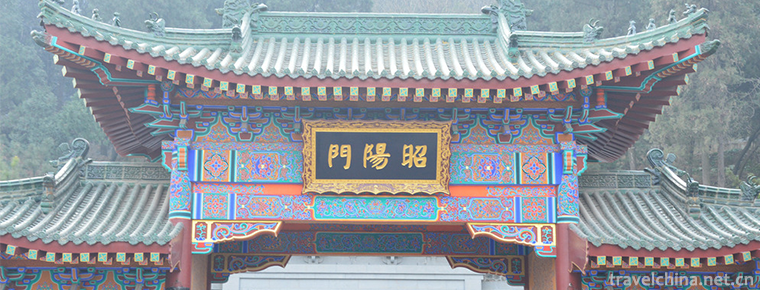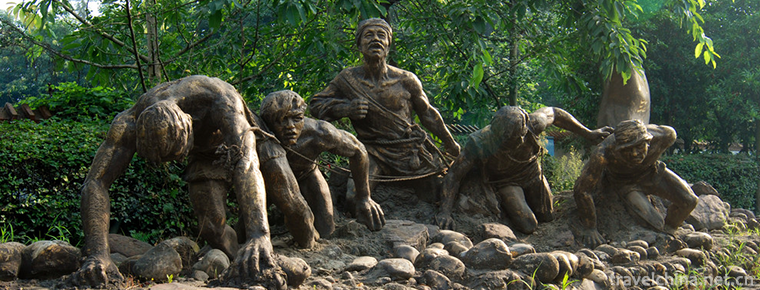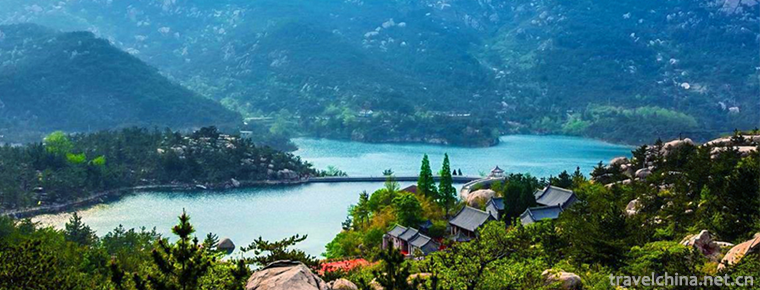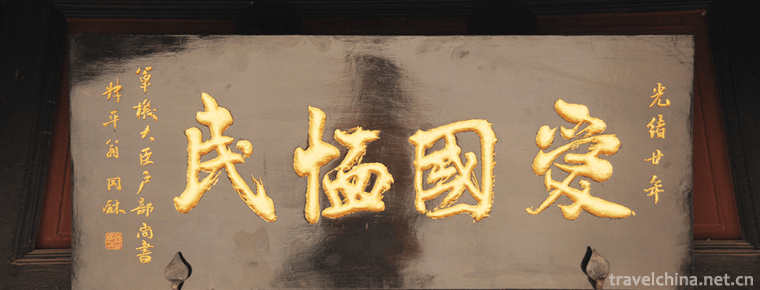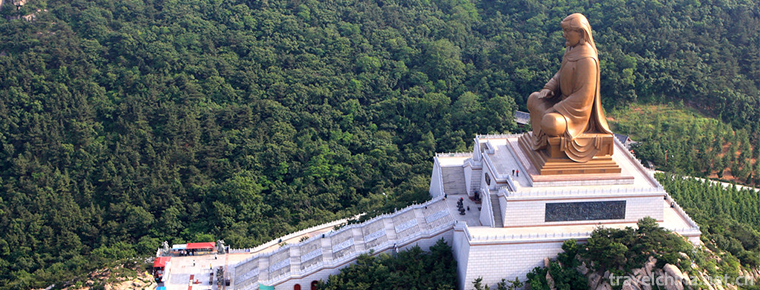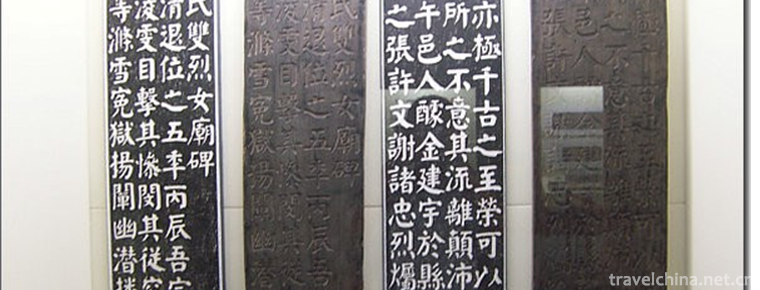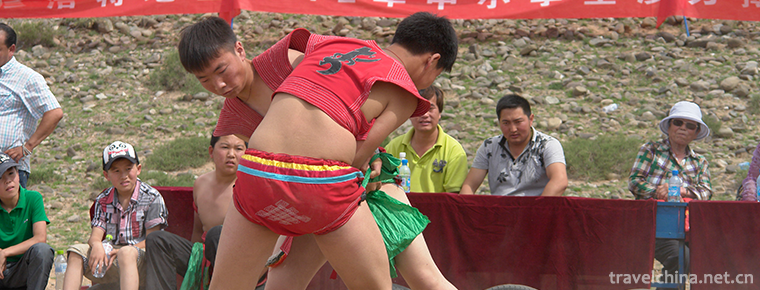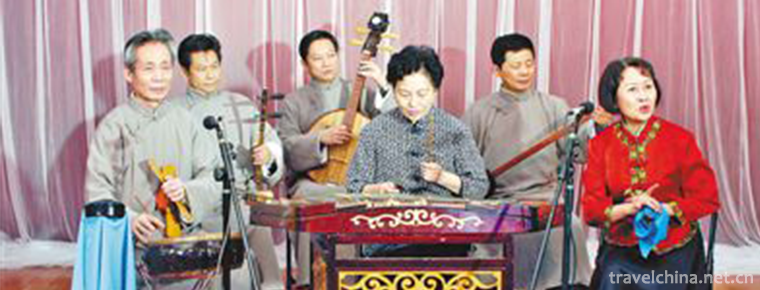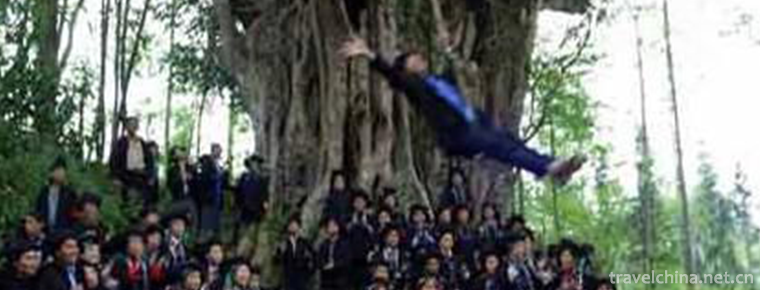Legend of Su Xian
Legend of Su Xian
The legend of Suxian is a local folklore with a long history. Su Xian, Ming Lian, from Guiyang. Su Da lost his father in his early years and depended on his mother for his life. One year, the plague was prevalent. He and his mother used orange leaves, roots and well water to prepare Marling peach stone decoction, which saved the patient. Following Taoist priests, he traveled, and folklore told him that he had crossed the crane into an immortal.
On November 11, 2014, the legend of Suxian declared by Suxian District, Chenzhou City, Hunan Province, was approved by the State Council to be included in the fourth batch of national intangible cultural heritage lists in China.
historical origin
"The legend of Su Xian" is a legendary group whose main content is to narrate the core motifs of Su Yan's miraculous birth, deity deer feeding, filial piety to his mother, orange planting to dispel epidemics, and getting Tao to become immortal. Jin Gehong's "The Biography of Immortals" has been described, and it has been recorded in Taoist books and notebooks since then.
"The legend of Suxian" is a folk story that happened in Chenxian County of Guiyang Prefecture in the Western Han Dynasty (now Suxian District, Chenzhou City, Hunan Province). Zhongsu delayed, a young herbal medicine doctor in Chenxian County, lost his father and became an orphan in his early years. He worked with his mother to be filial, to be close to his neighbours, and to cure illness and save people. Later generations said that: Pan Girl was pregnant before marriage, the old woman forced her daughter to abandon her son, the female Tibetan son in the cave, the crane guarded the deer's milk; the orphan Su delayed cattle chopping firewood, planting oranges to collect medicine, filial piety to support her mother; and then the Tao ascended to immortality. Mother: There will be an outbreak of plague in the world next year. Mother is invited to boil orange leaf medicine soup with well spring in the courtyard, which can save the county people. In the second year, as Su Da predicted, the plague raged; Su Da, according to Su Da's instructions, boiled medicine day and night, saving countless people. The story spread to the Tang and Song Dynasties. In the 29th year of Kaiyuan (741), Emperor Xuanzong of the Tang Dynasty issued an imperial decree that "make full use of the glory and decorate the ancestral temples strictly." Ma Ling Mountain, which was born and collected medicine by Su Da, was classified as "the eighteenth blessed land under heaven" by Taoism. The mountain was renamed Su Xianling by the people, and the well was called "Orange Well". Du Fu, Yuan Jie, Qin Guan, Xu Xiake and Pu Songling wrote poems. In the Song Dynasty, four emperors pardoned Su Duan as "the real man" and "the real monarch". In Song Zhenzong's poems, "Tangerine Spring is fragrant with gusto", and then a medical and forestry allusion of "Tangerine Spring Fragrance" came into being in the middle of the country. It has a long history and a clear line of inheritance.
Inheritance Significance
The legend of Su Xian has remarkable regional characteristics. It bears the unique cultural implications of filial piety, Taoism and traditional Chinese medicine. It has far-reaching influence and is deeply loved by the people. It is still vividly inherited among the people of Chenzhou today.
Current situation of inheritance
The legend of Suxian spreads from Chenzhou to other provinces. It is said that Maling Mountain, the birthplace of Suxian, was classified as a blessed place by Taoism. After the Song Dynasty, the medical and forestry allusions of "Orange Well Spring Fragrance" and "Longpan Orange Well" were formed. The legendary landscapes of Xiantaoling, Bailudong, Crossing Hetai, Suxianqiao, Suxianguan and Feishengting Pavilion are well preserved. Suxian Temple Fair is held every year on May 15, the fifteenth day of the lunar calendar. The legends of Su Xian were handed down orally by the people of Chenzhou in the past dynasties. Taoist classics, notebooks, medical books and similar books all have detailed records of Su Lai legends. Many famous poets, such as Du Fu, chanted Tang Jing. Four emperors in the Song Dynasty pardoned Su Lai as "real man and real emperor", and Song Zhenzong's poems "Tang Jing Gan Quan is full of gall fragrance" formed the medical allusions of "Tang Jing Quan Fragrance" and "Longpan Orange Well". From the literature records of past dynasties, the integrated information of folk tales and the recently orally collected legends of Suxian, the legends of Suxian have evolved many types in the long-term historical evolution, such as the type of pregnancy, the type of orange planting, the type of filial piety seeking mother, the type of immortal fighting, and so on. The number of variants is abundant. The legend of Su Xian contains filial piety culture, doctor's idea of saving the world by hanging a pot, Taoist thought of harmony between man and nature, and reflects the folk wisdom and cultural creativity of the people in Nanling region. The people of Chenzhou have been fond of talking about the legend of Suxian in the past dynasties. Suxian ascended to heaven and earth-Suxianling has become a national scenic spot. Every year, many tourists appreciate the charm of Suxian legend through oral transmission, images and words. The legendary "orange well" has become a symbol of traditional Chinese medicine. The culture of orange well formed by legend not only spreads all over the north and south of China, but also radiates influence on Japan, Korea and Vietnam. In other countries, overseas Chinese set up "Orange Well Clinic" in Chinatown, Cambodia has "Orange Well Province". Libraries of France, Austria, Russia and Japan all collect relevant materials of "Su Da Orange Well". Matteo Ricci, an Italian missionary in Ming Dynasty, talked about "Orange Well and Apricot Forest for Medical Records" in China. The legend of Su Xian has important folklore, religion, medicine, literature and art, tourism and so on.
On November 11, 2014, "The Legend of Suxian" was listed in the fourth batch of "National Class of Non-material Cultural Heritage Representation Projects" in China.
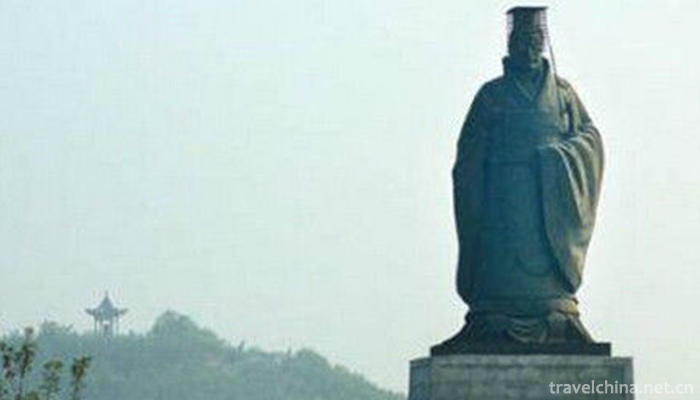
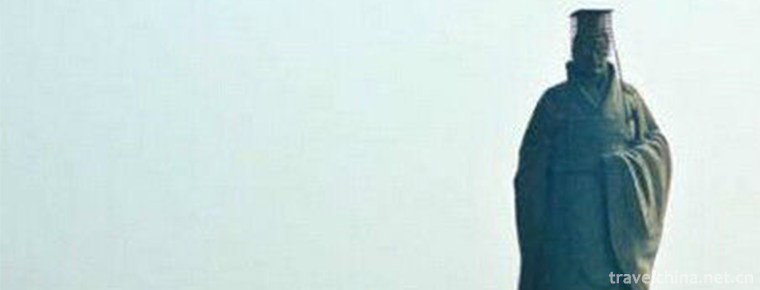
Legend of Su Xian
-
Huaqing Pool Scenic Area
Tang Huaqing Palace is another palace for feudal emperors in Tang Dynasty. Later also known as "Huaqing Pool", located in Lintong District, Xi'an City, Shaanxi Province.
Views: 172 Time 2018-12-12 -
Shennong Creek Scenic Area
Shennongxi, originating from the main peak of Shennongjia, flows through Badong County, Hubei Province. It travels from north to south through deep mountain canyons, and converges into the Yangtze Riv
Views: 175 Time 2018-12-12 -
two dragons mountain Erlongshan
Erlongshan is the first national AAAA class tourist area, known as "Harbin East Garden", located 50 km east of Harbin, 127 degrees east longitude 27 minutes 41 seconds, 45 degrees north lati
Views: 187 Time 2018-12-22 -
Golden Sands Beach
Golden Beach is located in the southern end of Shandong Peninsula, the Yellow Sea coast of Qingdao Huangdao District, Golden Beach Road. It is bordered by the Yellow Sea in the South and stretches
Views: 148 Time 2019-01-26 -
Mars Manor Scenic Spot
Ma's Manor, located in Xijiang Village, 20 kilometers west of Anyang City, Henan Province, is the mansion of Ma Piyao, governor of Guangdong Province in the Qing Dynasty.
Views: 161 Time 2019-02-06 -
Chishan Scenic Area Shidao
Chishan Scenic Area of Shidao, located in the Shidao Management Area of Rongcheng City, the easternmost end of Shandong Peninsula, is a national 4A-level tourist attraction
Views: 181 Time 2019-02-08 -
Rubbing and Printing Skills of Hengshui Inscriptions
Hengshui Law Tie Engraving and Printing Technology, the traditional handicraft of Taocheng District, Hengshui City, Hebei Province, is one of the national intangible cultural heritage.
Views: 210 Time 2019-05-03 -
Sharipol wrestling
Shaliboer style wrestling is a national traditional sports event originally created and retained by the Weilat Mongolian people. It is one of the main sports events in the Uznada Mu Grand Event in Ala
Views: 168 Time 2019-06-12 -
Sichuan Yangqin
Sichuan Yangqin is one of the representative folk songs of Sichuan Province, which is popular in Chengdu, Chongqing, Luzhou, Zigong and other cities and regions. In the early period, it was also calle
Views: 208 Time 2019-06-16 -
Four Seasons Production Adjustment
Four seasons production tune includes five units: introduction, winter, spring, summer and autumn. The introduction emphasizes the significance of the four-season production tune inherited by the ance
Views: 288 Time 2019-06-16 -
And then I met him 66 Hu Tik Tok Songs 2020 Hot Songs
Hey, do you still think of me Like I cry sometimes at night I was so happy that I thought you were the end To give you everything Time is always disobedient and starts to play dumb
Views: 502 Time 2020-05-21 -
Nanchong mineral resources
Nanchong mainly has rock salt, oil and natural gas, placer gold, ferrotitanium, uranium, phosphorus and other mineral resources. Nanchong is located in the core of Nanchong rock basin, the largest rock salt sedimentary basin in Sichuan Province. Underground
Views: 350 Time 2020-12-17
